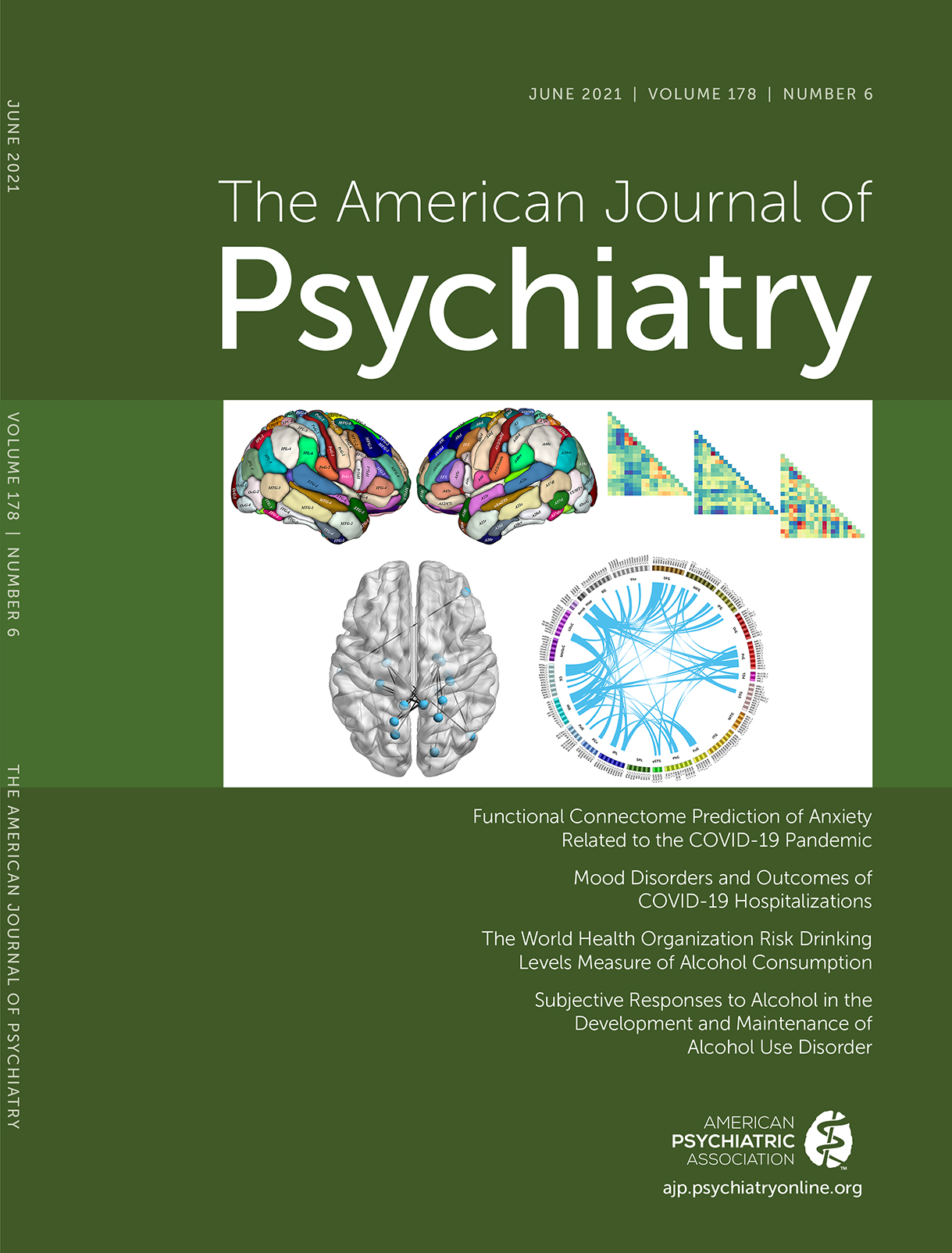Subjective Responses to Alcohol in the Development and Maintenance of Alcohol Use Disorder
Abstract
Objective:
Alcohol use disorder (AUD) remains an urgent public health problem. Longitudinal data are needed to clarify the role of acute subjective responses to alcohol in the development and maintenance of excessive drinking and AUD. The authors report on 10 years of repeated examination of acute alcohol responses in the Chicago Social Drinking Project.
Methods:
Young adult drinkers (N=190) participated in an initial alcohol challenge (0.8 g/kg of alcohol compared with placebo) that was repeated 5 and 10 years later. They were also assessed on drinking behavior and AUD symptoms at numerous intervals across the decade. Retention was high, as 184 of the 185 (99%) nondeceased active participants completed the 10-year follow-up, and 91% (163 of 179) of those eligible for alcohol consumption engaged in repeated laboratory testing during this interval.
Results:
At the end of the decade, 21% of participants met criteria for past-year AUD. Individuals who reported the greatest alcohol stimulation, liking, and wanting at the initial alcohol challenge were most likely to have developed AUD 10 years later. Further, alcohol-induced stimulation and wanting increased in reexamination testing among those with the highest AUD symptoms as the decade progressed.
Conclusions:
Initial stimulant and rewarding effects of alcohol predicted heavy alcohol use, and the magnitude of these positive subjective effects increased over a 10-year period in those who developed AUD compared with those who did not develop the disorder. The findings demonstrate systematic changes in subjective responses to alcohol over time, providing an empirical basis for prevention, early intervention, and treatment strategies.



